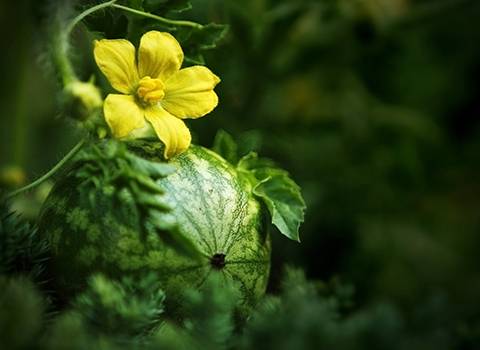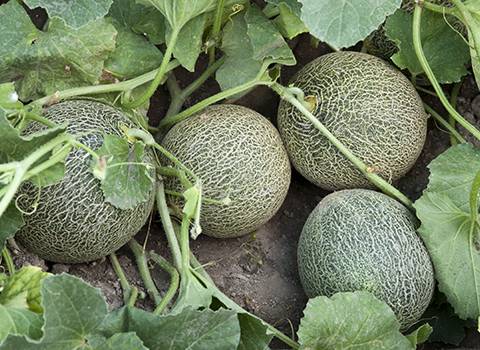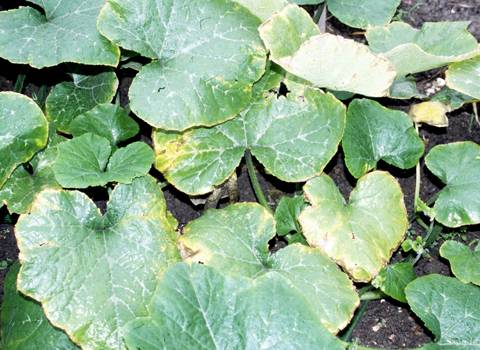Protassium+
The Importance of K
Potassium (K) is critical to the quality and yield of melons. From cantaloupes, watermelons and cucumbers to squash, gourds and more, K source influences everything from fruit size to shelf life, and impacts melon production and profit from field to market.





